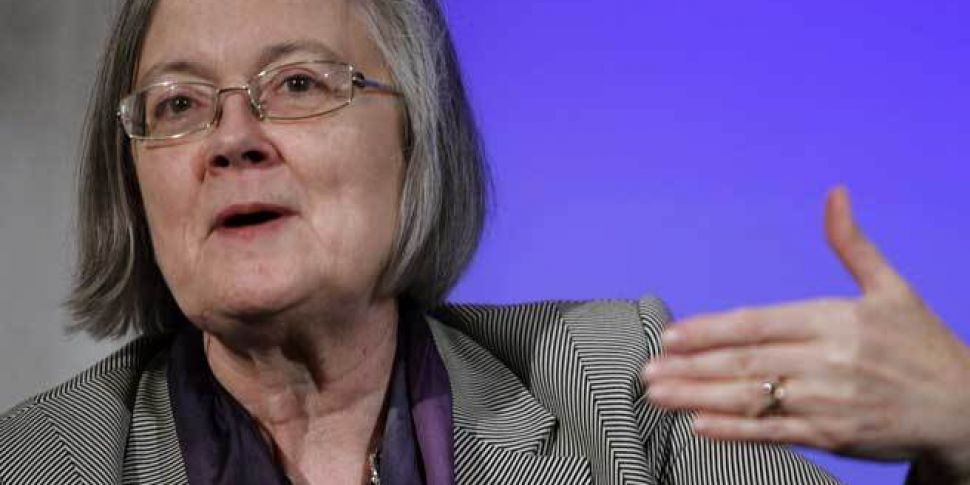A British exit from the European Union could be delayed by months, even as long as two years, after a UK Supreme Court Judge suggested that "comprehensive" legislation was required to trigger Article 50.
Justice Brenda Hale told an audience in Kuala Lumpur that the court must question "whether it would be enough for a simple act of Parliament to authorise the government to give notice, or whether it would have to be a comprehensive replacement for the 1972 [EEC Accession] Act".
It was reported last week that the British government was preparing a short bill to push through both the Commons and the Lords to try to keep its March deadline for triggering Article 50.
Britain's Labour Party has said it would not block such a bill in the House of Commons.
Justice Hale's comments, published on Tuesday, come after a UK High Court ruling that the Prime Minister Theresa May cannot trigger Brexit without putting it to a vote in the House of Commons.
That shows that the Supreme Court could adjudicate not just the validity of the government's appeal against the ruling, but also the precise remedy the government must offer to the claimants if it loses its appeal.
This means the British government could have to pass its Great Repeal Bill before triggering Article 50. The Great Repeal Bill is currently not planned to be introduced until the next session of parliament after May.
Referendum "not legally binding"
Justice Hale, who will sit as one of the judges hearing the appeal, also said unequivocally that the "referendum was not legally binding on parliament".
This was a reference to the referendum legislation passed last year. She also confirmed that for the first time in its history the British Supreme Court will sit with all 11 justices.
Former British Cabinet Minister Iain Duncan Smith said that the court battle could cause a "constitutional crisis".
He said: "What the judges will decide on at the Supreme Court is whether or not the government can use its executive powers to trigger Article 50. It is not their job to tell Parliament how they go about their business.
"That's for Parliament to decide. I would simply advise that the Government should ignore it."
Mr Duncan Smith added: "It is very clear in Article 9 (of the Bill of Rights) which is the base element of all our constitutional rights."
Criticising Justice Hale directly, he said: "I do not believe for one moment that (Supreme Court) will form a majority opinion, it is a tiny minority. The individual concerned herself has always been opposed to Britain leaving the EU."
In a statement, a Supreme Court spokesman said the judge "was simply presenting the arguments from both sides of the Article 50 appeal."
He said: "It is entirely proper for serving judges to set out the arguments in high profile cases to help public understanding of the legal issues, as long as it is done in an even-handed way.
"One of the questions raised in these proceedings is what form of legislation would be necessary for Parliament to be able to lawfully trigger Article 50, if the government loses its appeal."
Britain's Supreme Court will begin hearing the case on December 5th.









